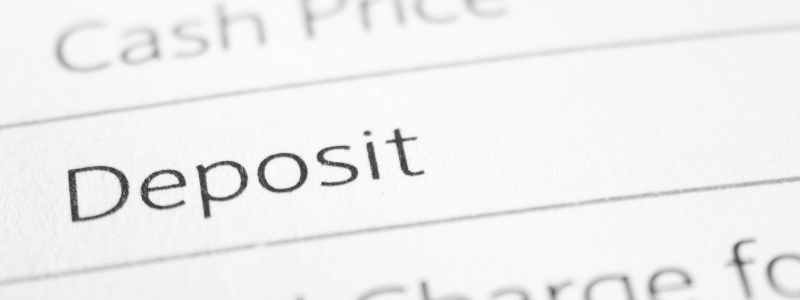An early direct deposit is a money transfer that an employer puts into your bank account before you’ve earned it. It may sound a little odd at first, but it can be helpful in certain situations. It can help in several ways, including keeping employees from running out of cash at the end of the month.
How Does an EAD Work?
An early direct deposit is also called a pre-authorized debit or EAD. It refers to a withdrawal that has been approved in advance by an account holder. This type of transaction generally occurs with payroll deposits or automatic bill payments. There are three main benefits to making your deposits before they’re due: convenience, security, and efficiency.
Why Should I Get a Pre-Authorized Debit?
Here are some pros to getting an EAD:
- Avoid check-cashing fees- You might also be charged a fee for cashing your paycheck at a local store.
- Avoid overdraft fees. You might have to pay a fee if you don’t have enough money in your account to cover a check or debit card purchase. If you get paid earlier, you can avoid these charges by having more than enough money in your account on payday. This can help build good credit, too.
- Pay down debt faster. If you have a loan or credit card balance, getting paid earlier can help you pay off your balance faster.
- Establish a positive relationship with your bank. This will help you avoid future fees when using other services, such as mortgages or loans.
Some employers have the policy to have employees’ paychecks deposited into their bank accounts on Fridays. But that could mean waiting until mid-day or later before you can use that money. According to the experts at SoFi
, “Most employers take a few weeks to set up a new direct deposit.”
How Will I Know if My Employer Supports an EAD Option?
Contact your human resources department if you want to find out if your employer offers an EAD option. For example, suppose you don’t have a good relationship with your HR representative. In that case, you can contact a friend or family member who works for another company to see if they have experience with any specific banks that support EADs. You can also check online for bank reviews and compare notes from other customers.
Can I Cancel the Automatic Payment?
Yes. But you should first check with your bank, as they may have specific policies about canceling automatic payments. Generally speaking, most banks require you to contact them a few days before your payment date to cancel any scheduled automated transfers. In addition, you may need to provide information about why you are canceling and when you’d like for future transfers to go through. The only thing we can say for sure is that doing so is much easier than dealing with bounced checks.
EADs have some benefits, although they vary depending on your situation. Whether or not you should use Pre-Authorized Debit depends on what’s important to you in your banking experience.
Author Bio:
Alison Lurie is a farmer of words in the field of creativity. She is an experienced independent content writer with a demonstrated history of working in the writing and editing industry. She is a multi-niche content chef who loves cooking new things.
